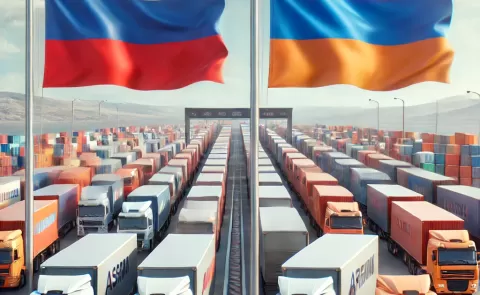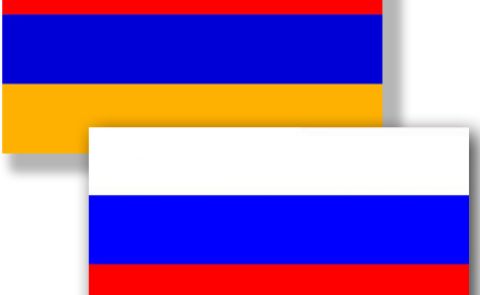
Nagorno-Karabakh: latest developments

On 16 November, Armenia’s Prime Minister Nikol Pashinyan said that he was guilty for the resumption of the Karabakh war, which led to thousands of losses on both sides, and said that he was ready to appear before the people's court. At the same time, he stressed he wants a number of specific conditions in such a case. “There must be a conversation, listening to the same soldiers, the opposition, the government,” he said.
Pashinyan also said that he had tried to change the logic of negotiations over Nagorno-Karabakh. “I tried to increase our resistance, but we did not succeed, because we faced a situation of an international consensus that the territories must be handed over to Azerbaijan without any precondition. We could not change this consensus. Maybe we misjudged the situation. But what could we do? Get used to it? I didn’t want to, so I tried to do everything possible to increase Armenia’s combat capability,” he added. “Our approach was, firstly to exclude war, and secondly not to give the enemy an inch of the land. Our biggest mistake was that we thought that we could endlessly drag out time,” Pashinyan emphasized.
On the same day, Russia’s President Vladimir Putin held a phone call with his French counterpart Emmanuel Macron to discuss the situation in the region. The two leaders said that the situation in the region had generally stabilised and that it was time to address humanitarian issues, including the return of refugees and the preservation of Christian churches and monasteries.
However, reports emerged that clashes between Russia’s peacekeepers and remaining Armenian forces in the region still persist. Vestnik Kavkaza reported that it received video footage of Russian peacekeepers involved in the operation in Azerbaijan's Aghdam region to force a detachment of Armenia's occupation forces to leave the Nagorno-Karabakh territory. According to sources in the Azerbaijani armed forces, for three days already, difficult negotiations have been conducted between the commanders of several Armenian military formations, Russian peacekeepers and a number of high-ranking Armenian military personnel, with the participation of Nagorno-Karabakh’s de facto President Arayik Harutunyan.
The spokesperson of Russia’s President Dmitry Peskov spoke of Turkey’s President Recep Tayyip Erdogan motion to send troops to Azerbaijan. He said that the decision relates to ensuring the operation of a joint Russian Turkish monitoring centre in Azerbaijan. "This is an internal procedure provided by the legislation of the Republic of Turkey. This is Turkey's internal affair,” he said on the motion. “As for the agreement on the establishment of a joint monitoring centre in Azerbaijan, it is a product of a bilateral agreement between Russia and Turkey,” Peskov added.
Meanwhile, the parties to the Nagorno-Karabakh conflict began recovering and exchanging the bodies of their soldiers killed during the war. Armenian media also reported that the first groups of ethnic Armenian refugees returned to Nagorno-Karabakh after the signing of the agreement. Also, the Assistant to Azerbaijan’s President Hikmet Hajiyev said that Azerbaijan agreed to extend the time schedule for the withdrawal of Armenia’s troops from the Kalbajar region, but that the schedule’s for the Lachin and Aghdam regions remained unchanged.
See Also


Armenia and Russia Reaffirm Strategic Ties Amid Speculation of Strained Relations

Sergey Naryshkin Accuses Britain of Destabilizing Georgia

Armenia Records 5.9% GDP Growth in 2024, Missing 7% Goal

Yerevan Balances Strategic Ties with Both US and Russia, Says Foreign Minister

